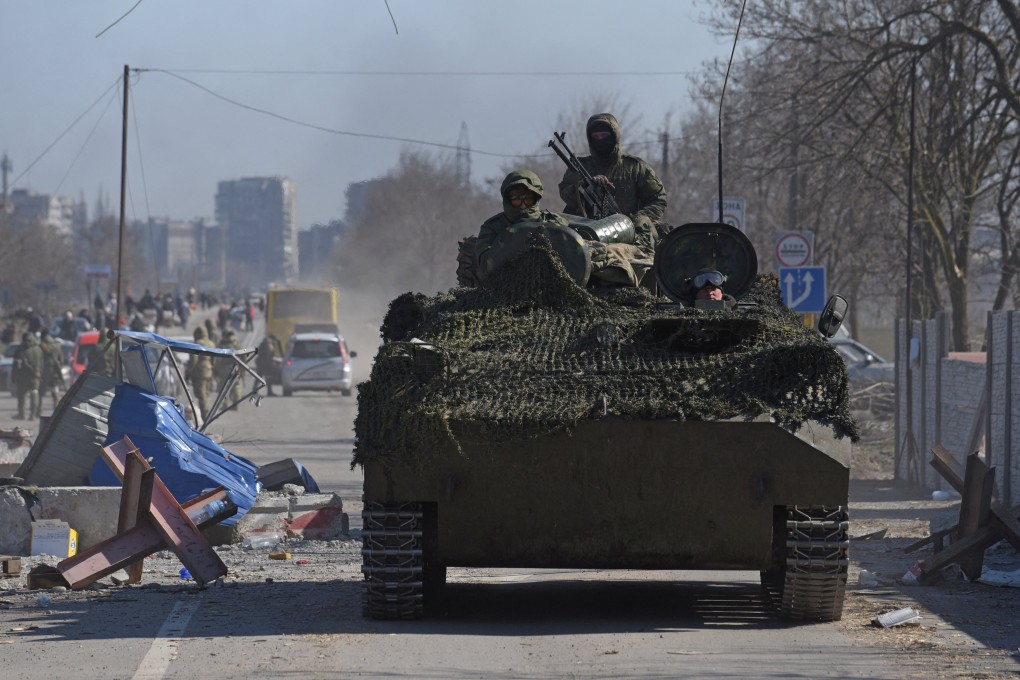My Take | Ukraine should be off topic at G20 summit
- While anything can happen in the next six months before the summit in Bali, the current G20 theme of ‘Recover Together, Recover Stronger’ is far more important to developing countries and their post-pandemic economic recovery than Russia’s war in Ukraine

The G20 is divided, again, this time over the war in Ukraine. No surprise there. After all, this expanded grouping of nations was intended to dilute the dominance of the G7 developed economies. Predictably, one group is concerned about Ukraine being ignored at the upcoming summit, while the other prefers to sit out the conflict, hoping it will blow over by the time they meet in Bali in October. But who knows what will happen in the next six months?
Within the G20, the nations that are committed to backing Ukraine to achieve Russia’s defeat are: Australia, Argentina, Canada, the European Union, France, Germany, Italy, Japan, South Korea, the United Kingdom and the United States.
Leaving aside Russia, the other G20 grouping – Brazil, China, India, Indonesia, Saudi Arabia, South Africa and Mexico – much prefers to sit on the fence. Indonesia, which has the current G20 presidency, understandably wants to focus the summit on the chosen theme of “Recover Together, Recover Stronger”. For most developing countries, the Ukraine-Russia war is a distant European and American conflict. Their priority is with the post-pandemic recovery of their economies, not supporting one side or the other to a war from which they have nothing to gain.
Besides China, Turkey is in a most interesting – or most exposed – position. It has to go along with the first group. How can it not when it’s a member of Nato? Turkish military drones have reportedly achieved great lethality by Ukrainian forces against Russia, but Ankara has also delivered fewer military supplies than originally promised. Turkey also has not joined the Western-led sanctions against Russia or followed the EU example of closing its airspace to Russian aircraft. Suffice to say, from the recent conflict in Nagorno-Karabakh between Armenia and Azerbaijan to Iraq, Libya and Syria, relations between Turkey and Russia are extremely complicated.
It’s no wonder, then, that Indonesia and China, among others, want to stick with the economic theme of the Bali summit and are concerned the Western alliance may choose to hijack the agenda for Ukraine.
Indeed, given the conflicting interests and motives among the different groupings within the G20, economic recovery may be their only shared or mutually acceptable concern. But if the Western alliance and its Asian partners want to get nothing done but to turn the Bali meeting into an anti-Russia and anti-China forum, focusing on Ukraine makes good sense.
